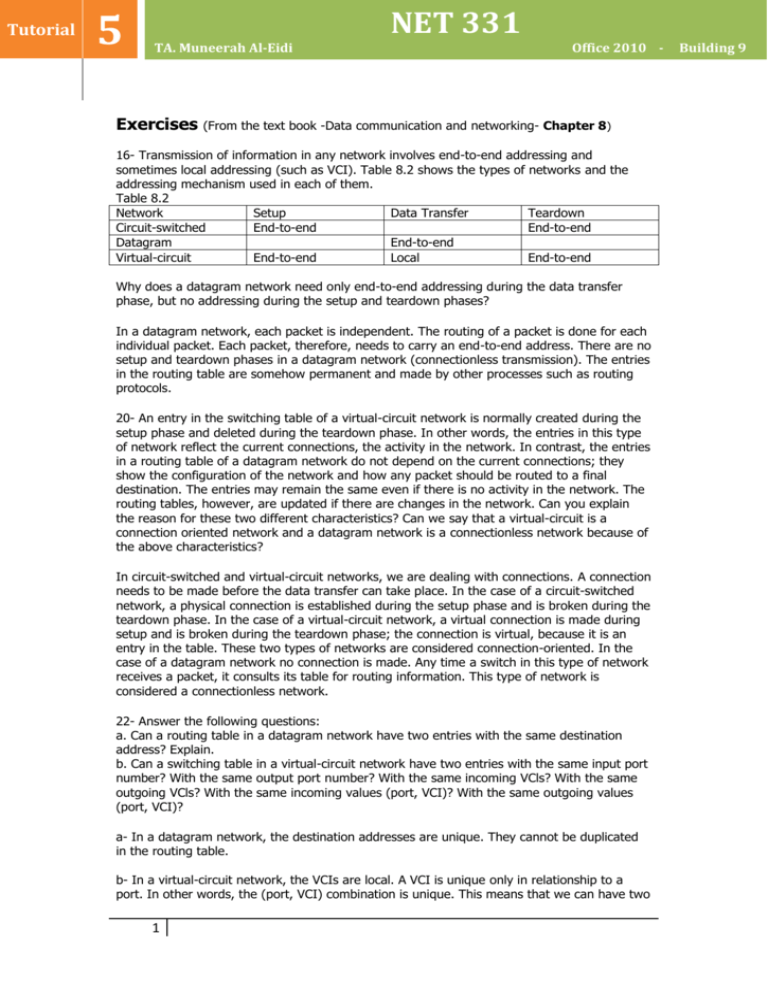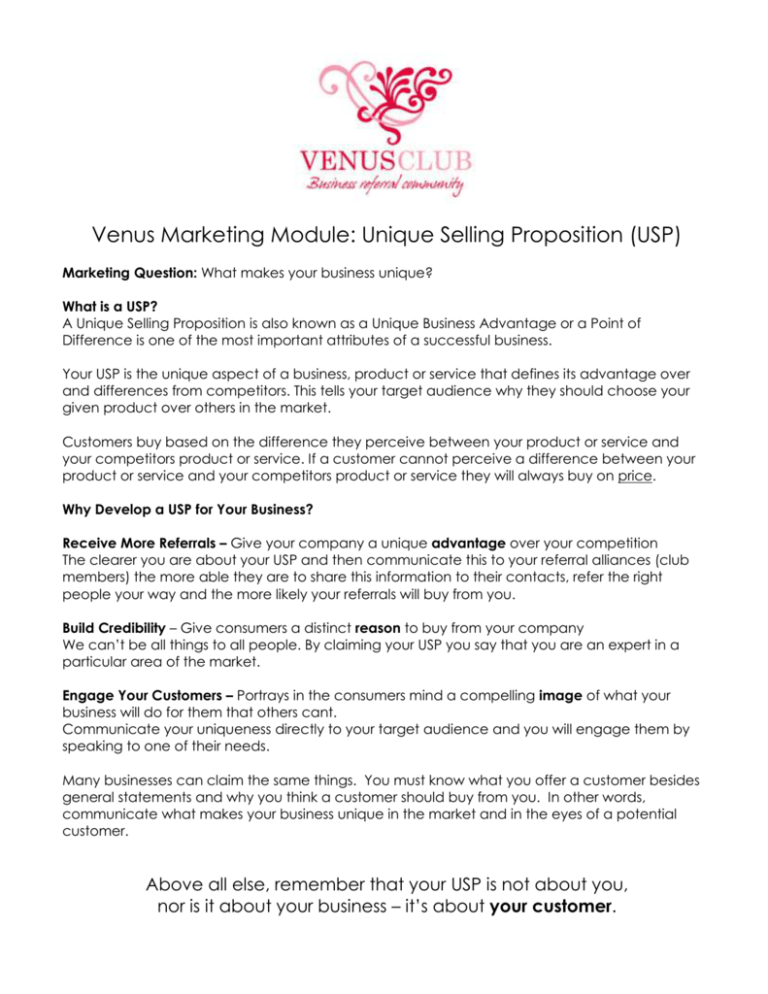


Both words derive from a story from Ancient Greece (retold in Latin by the Roman scholar Pliny the Elder) in which the renowned Greek artist Apelles happened to have a mistake he had made in a drawing of a shoe in one of his artworks pointed out by a passing cobbler. ULTRACREPIDARIANĪn ultracrepidarian is someone who talks about or passes judgment on a subject outside of their own area of expertise to ultracrepidate is to do just that. ULOTRICHOUSĭerived from a Greek word meaning “ woolly”, if you’re ulotrichous then you have tightly-curled hair. More often than not used in reference to wine bottles, the amount of empty space between the top of a vessel or container and its contents is called the ullage.

UIVIGARĭerived from an old Scandinavian word for a hedgehog, uivigar is a Scots English word for a sea-urchin-although it’s also used as a byword for anything particularly large and clumsy, or awkwardly shaped. UGLY-WHISPERĪn old Irish English word for a scandalous rumor. The ughten is the part of the night immediately before daybreak. UGGLEĪn old Scots dialect word meaning “to dirty or soil something.” If something is uggsome, incidentally, then it’s ugly looking. It derives from the name of one of the Elders of Troy in Ancient Greek myth, whose house was burned down when the city was sacked by the Achaeans. UCALEGONĮver needed the perfect word to describe a neighbor whose house has burned down? Well, even if you haven’t, that word is ucalegon. Ubique means “everywhere” in Latin, so the verb ubiquit literally means “to become ubiquitous”-or in other words, to seem to appear everywhere. But of the five full vowels in English, it’s U that’s used the least often, and despite its dictionary entry encompassing all the words in English beginning un– (which accounts for a staggering 1 in 4 of all prefixed words ), you can expect less than 1.5 percent of the words in a standard dictionary to be listed under U-including the 40 unbelievably unusual and undeniably utilizable U-words listed here. As letter frequencies go, that’s not a bad record at all (and places U a respectable 13th out of 26 overall).

On average, around one in every 37 letters in English is a U-or, to put it another way, you can expect U to account for just under three percent of a page of text.


 0 kommentar(er)
0 kommentar(er)
